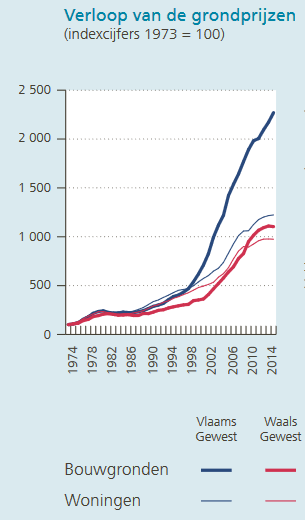The ECB has released the declarations of interest of its executive and supervisory board members.
You’ll see that the forms are pretty vague when it comes to point IV – Financial interests. Board members should name “Any financial interests holdings in companies/firms listed on a stock exchange”.
Some members have included equity funds and bonds under this item, although one could argue if that’s really required.
However, the declarations of interest do contain some remarkable info:
- German board members Sabine Lautenschlager-Peiter and Joachim Wuermeling own co-operative shares in banks. The value of these holdings is trivial.
- Ed Sibley owns some shares in Bank of Ireland. Mr. Sibley adds: “These are the remnants from a share ownership scheme from when I worked for Bank of Ireland (until 2008). They are worth less than €500, and I am in the process of getting rid of them.”
- Peter Praet owns shares of the National Bank of Belgium, one of the few publicly traded central banks.
- The spouse/partner of Vytautas Valvonis works at the Lithuanian branch of Dankse Bank.
- Several board members (Benoît Cœuré, Tom Dechaene, Yves Mersch,
Gaston Reinesch, Vitas Vasiliauskas, Claude Wampach) teach at universities (see item II – private activities). The earnings from these professorships are trivial. - Mr. Wampach owns Turkish lira denominated bonds issued by the European Investment Bank. Let’s hope he hedged the currency risk 😉
- The financial interests of board members Margarita Delgado (Spain), Catherine Galea (Malta) and Andreas Ittner (Austria) contain only securities from their home countries.
- Constantinos Herodotou (Cyprus), Madis Müller (Estonia) and Pierre Wunsch (Belgium) have the most diversified investment portfolios – Mr. Müller even owns a gold ETF. They should teach their colleagues about the importance of diversification!

